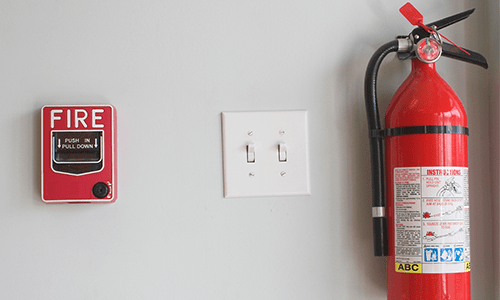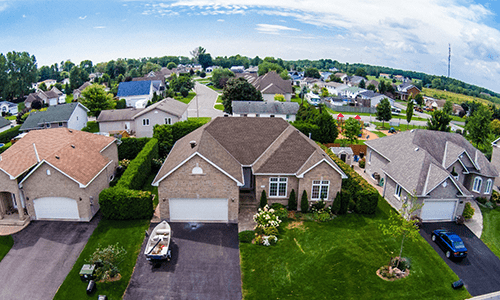The 2017 Cook County assessment season has begun. This year, all property in the south suburbs will be re-assessed.
After several years of steady market declines, property values and assessments are on the rise again in most places. Over the past two years, assessment increases proposed by the Assessor have typically ranged from 15% to 40% with the largest increases occurring in the highest property value areas. Increased assessments coupled with increased local government spending suggest rising property taxes and the need to aggressively monitor and contest assessments.
Property owners in each of the seventeen south suburban townships will receive a notice of re-assessment in the mail during 2017. This notice will set forth the proposed 2017 assessment. Taxpayers will have thirty days to file an assessment appeal with the Assessor’s office to seek a reduction in the proposed re-assessment.
In a non-reassessment year, the taxpayer will only receive an assessment notice if the Assessor proposes to increase the assessment. However, all taxpayers have the right to appeal during the 30-day filing period for their township, regardless if their assessment has been increased.
What is a re-assessment?
Illinois law requires that the estimated property value and assessed valuation of your property be periodically updated for real estate tax purposes. In Cook County, property is re-assessed at least once every third year. This is called triennial re-assessment. Elsewhere in Illinois the general assessment of property occurs every four years.
The assessment process begins with the Assessor determining the market value of your property. The Assessor then applies an assessment percentage to the market value to determine the assessment or assessed valuation.
In Cook County, residential property is assessed at 10% of fair market value. Commercial and industrial properties are assessed at 25% of fair market value. Properties outside of Cook County are assessed at 33.33% of fair market value.
Why appeal?
The assessed value placed on your development directly impacts the amount of real estate taxes you will pay for each year of the triennial 3-year period (Cook County).
The assessed value is the largest component of your tax bill. The larger the assessment, the larger the tax bill.
How does the Assessor determine the property value for residential condos?
Basically, by analyzing recent sales in the building.
Residential properties are assessed as of January 1st of the current year, using three years of prior sales information. The Assessor typically excludes sales that are not arms-length transactions (a transaction in which the seller and buyer act independently and are not related or subjected to duress by the other party).
What can my association do to lower assessments?
Illinois law allows condo boards to appeal tax assessments on behalf of all unit owners. These are known as collective appeals and is the method preferred by assessing officials.
The assessing officials prefer collective appeals for a few reasons:
- Collective appeals are less work for the assessing officials.
- The assessing officials generally prefer to negotiate with one knowledgeable attorney rather than numerous property owners or their attorneys.
- Collective appeals result in uniform assessment results.
What is needed for a successful condominium association appeal?
Consideration of a 3-year sale history of units within the association is the best evidence for a successful condominium association appeal. Understanding what deductions will be considered by the assessing officials for personal property adjustments is also important. If inadequate sales exist an appraisals can also be used to determine the value of the units.
How long is the appeal process?
The tax appeal process begins with the Assessor. Once an appeal has been filed with the Assessor and a decision is rendered the taxpayer will have a second opportunity to appeal to the Cook County Board of Review. It is not uncommon for associations who have been denied a reduction by the assessor’s office to have a successful appeal at the board of review. The entire appeal process prior to the issuance of the tax bill can span up to a year. Cook County tax bills are paid in arrears and issued in two installments. The 1st installment bill is always 55% of the previous total tax bill and will be due while the appeals are pending. The 2nd installment tax bill is issued and due later in the fall. Assessment reductions granted by the Assessor and/or Cook County Board of Review will be reflected in the 2nd installment tax bill and result in a lower tax bill than otherwise.
Further appeals from the board of review decision can be pursued but may take another year or more before a decision is rendered. If these subsequent appeals prove successful a refund of any excess tax paid will be ordered.
Does our association have to hire an attorney?
The filing of a tax appeal in Illinois is considered the practice of law. As such, corporations or associations must use an attorney. However, individual unit owners can file pro se appeals for their individual units.
Joanne P. Elliott
Attorney









